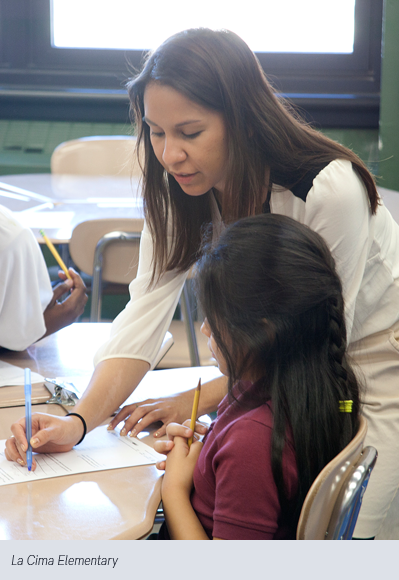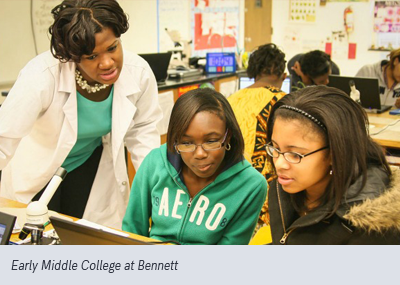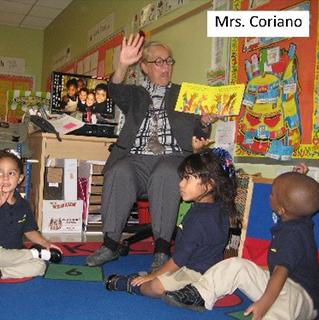Principle 6 is about a school’s primary focus – learning, however this principle examines the differences between teaching and learning and what that means for educators. A school with a focus on character must embrace teaching students, even if they are not academically inclined or they appear unmotivated to learn.


Respecting all learners
To develop character in students, educators must demonstrate character by acknowledging and respecting the individual differences in each student. It may seem daunting to offer a meaningful and challenging academic curriculum that respects all learners, but it is necessary for effective teaching and authentic learning.
Schools must think beyond traditional, comfortable teaching methods and instead teach children where they are at academically – not where the mandated curriculum indicates they should be. Those who teach with character as a frame know that educators must close academic gaps before seeing academic gains.


Developing student character is the most important and challenging task for educators. When students are respected, supported, and appropriately challenged in the classroom, character will develop.
Allowing students to question, challenge, and think critically will impact how they interact with others and mature as learners. Encouraging risk and teaching students that failure and trying again are part of learning will develop students who work hard, persevere, and learn to succeed in school and beyond.
Helping students succeed is not about making school easy, but about:

Creating competence and a hunger for learning

Understanding in the importance of goals

Developing the confidence and motivation in students to achieve their goals

School success is about more than grades, it is about learning, setting goals, and being tenacious and confident in achieving them.
When students believe in themselves and love to learn, they are on their way to productive, successful lives.
Principle 6 challenges many educators because it is not about teaching character; it is about living character in classroom routines, conversations, and through the curriculum and teaching. This principle essentially demands a focus that ensures learning, and not just teaching.
Slowing down and/or re-teaching concepts as well as challenging students to move faster, when they are able, is difficult, if not impossible with traditional “conveyer-belt” instruction. “Differentiated instruction” becomes an organic result in Schools of Character. Principle 6 challenges educators to consistently demonstrate character by finding ways to meet the academic needs of all students.


School Examples
Self-Reflection
How will finding ways to ensure learning for all students impact the development of character in both students and staff?
Look critically at your own school or district. Do the needs of teachers and students come first?
[wp_quiz id=”4933″]
Research that Supports Principle 6
![]()
Addressing a student’s learning style through flexible teaching to address learning styles is important. It results in improved achievement and attitude improvement in students from a wide range of cultural groups.
Sullivan, M. (1996). “A meta-analysis of experimental research studies based on the Dunn and Dunn learning, styles model and its relationship to academic achievement.” National Forum of Applied Educational Research Journal l0(l).
![]()
Multi-year studies in an elementary and high school indicate positive and sustained achievement gains for students in all segments of the achievement spectrum and in a range of subject areas as a result of differentiated instruction. In the high school, the student dropout rate has also fallen sharply and student participation in Advanced Placement courses has risen by almost half. AP exam scores held steady or rose despite the increased enrollment. On both sites, a school-wide emphasis on differentiation has continued for at least seven years and achievement gains have continued over that time span.
Tomlinson, C., Brimijoin, K., & Narvaez, L (2008). The differentiated school: Making revolutionary changes in teaching and learning. Alexandria, VA: Association for Supervision and Curriculum Development.

Authored by Amy Johnston, Ed.D.



